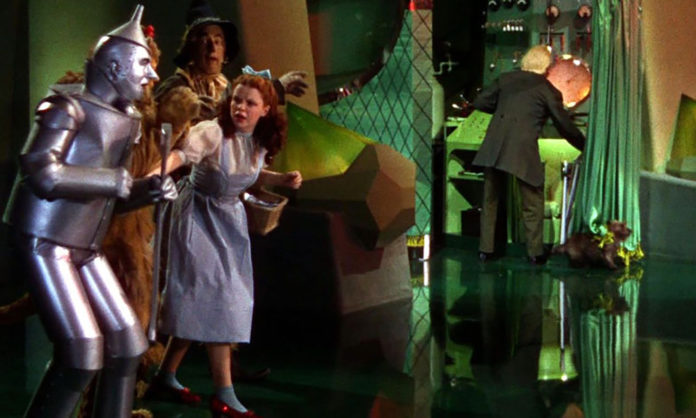How much information is enough? It’s the question that plagues writers. Too much, and you risk boring your reader or hitting them over the head with your point. Too little, and you risk leaving too much behind the curtain. In a post on Writers in the Storm, Margie Lawson offers advice on avoiding the Oz Effect.
Lawson says there are three things that must go in your opening pages:
- Setting
- Age or age-range of your POV character
- Any new character’s physical appearance
Two more things should appear on every page of your book:
- Your POV character’s reactions to everything
- Specific-to-your-story points that may be veiled by the Great Oz Effect.
The first three are fairly self-explanatory, but Lawson goes into more detail in her post. For her every-page advice, Lawson says that your POV character should – in some way – react to everything they experience on the page. It can be a visceral response, what they’re feeling or thinking, or what they’re planning to do. But don’t let them think too much – acting as a reaction is better than thinking. Sometimes, you might find your story is missing entire scenes that will provide needed information.
You should also watch for vague descriptions and qualifiers on every page. You know that banging sound is someone knocking on an apartment door, but without a cue, your reader could decide it’s gunfire, fireworks, hammering, or a car backfiring. This also applies to words the average reader might find unfamiliar. You don’t have to dumb down your vocabulary, but you should look for instances where context clues would be helpful.












